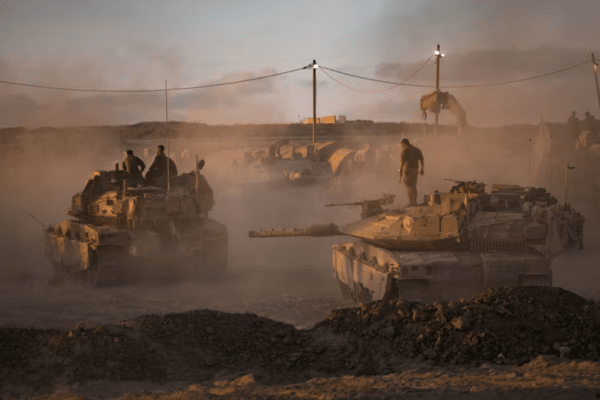
As Israel prepares for one of its most ambitious military operations in decades—the takeover of Gaza City—its armed forces are facing a test of endurance unlike any before. Exhaustion, political fractures, and growing doubts about the mission’s goals are raising difficult questions about how long the military can sustain its campaign.
A City at the Heart of the Conflict
Gaza City, home to over a million people, has become the epicenter of Israel’s 22-month-long war against Hamas. Prime Minister Benjamin Netanyahu has called it one of the last major Hamas strongholds. The planned occupation of the city, initially projected to take five months, has now been ordered to proceed on a shorter timeline.
But as tanks edge closer to the city’s outskirts, the military faces more than a strategic challenge—it is grappling with an exhausted force and waning morale.
The Weight of War
Israel’s military relies heavily on conscripts and reservists. With nearly two years of continuous fighting, many soldiers have been called back to the front lines multiple times. A survey by the Hebrew University’s Agam Labs revealed that 40% of soldiers reported being less motivated to serve.
IDF Chief of Staff Lt. Gen. Eyal Zamir has already warned of attrition and burnout. Yet those concerns were brushed aside by Netanyahu and his coalition partners, who remain determined to press forward.
One soldier, Avshalom Zohar Sal, has spent over 300 days in Gaza across four deployments. Now, he says he’s unwilling to return. “This decision is a death sentence for the hostages,” he explained, reflecting fears shared by many in uniform.
Politics in the Midst of Battle
The manpower shortage has ignited an explosive political debate. Military leaders have long pushed for ultra-Orthodox men to be drafted, but the community has resisted, demanding broad exemptions. At a time when thousands of reservists are being recalled, the exemptions have fueled public anger and widened political rifts.
Some reservist organizations have even urged soldiers to resist new call-ups, a remarkable shift in a country where military service has long been seen as a duty above politics.
The Hostage Dilemma
Netanyahu framed the war around two goals: defeating Hamas and rescuing hostages. But critics now argue that the new offensive undermines the latter mission. “It feels like the government has abandoned the hostages,” said Zohar Sal.
Military spokesmen insist that intelligence and “many other capabilities” are being used to protect those still in captivity. Yet even officials admit that no guarantees can be made.
Humanitarian Toll
The offensive is unfolding against a backdrop of a deepening humanitarian catastrophe. Gaza’s 2 million residents are trapped in a cycle of displacement, hunger, and disease. UN officials say child malnutrition has tripled in less than six months, with nearly one in three children in Gaza City now malnourished.
Philippe Lazzarini, head of UNRWA, has called it a “man-made, preventable starvation.” Israeli officials, however, reject claims that famine is spreading in the enclave.
A War Without End?
Eighteen months ago, Netanyahu promised that the “intense phase of fighting” would end within weeks. Instead, Israel finds itself waging its longest war, with no clear end in sight.
Former IDF Chief of Staff Dan Halutz, reflecting the mood of many veterans, says the plan to seize Gaza City “has no logic.” While he stops short of urging refusal, he openly encourages reservists to follow their conscience.
For Israel, Gaza City represents both a military objective and a moral crossroads. With troops weary, hostages in jeopardy, and a population on the brink of famine, the question is no longer just whether the war can be won—but whether it should be fought this way at all.

